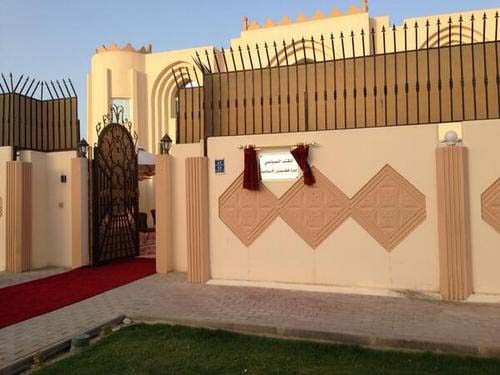
In another blow to Qatar’s attempts as an international mediator, the Taliban has temporarily closed its new Doha office over “broken promises,” Al Jazeera English reports.
The channel cited a Pakistan-based Taliban official as saying:
“We have temporarily closed the Qatar office due to broken promises. We are not happy with the Americans, the Kabul government and all parties who have not been honest with us.”
According to the Wall Street Journal, the office has not been used since two days after it opened last month.
By that time, the Dafna-based facility had already drawn controversy over the raising of a flag and installation of a placard that named the building the “Islamic Emirate of Afghanistan” – the former name of Afghanistan when it was under Taliban rule.
In Kabul, President Hamad Karzai took offense at the implications, suspending talks over what appeared to be an attempt by the Taliban to set up a “government-in-exile” to rival Afghanistan’s existing one.
Diplomatic setback
For Qatar, the disagreement was seen as an embarrassing setback in international relations, and the country responded by removing the flagpole and taking down the sign.
The US State Department on Tuesday said the closure of the office should not be seen as the end of its attempts to negotiate with the Taliban. Spokeswoman Jennifer Psaki said:
“Obviously, we know the office has been closed. We’re going to continue to work through the bumpy road, and we’re hopeful that we can get it back on track.”
Speaking to Doha News, Michael Stephens, researcher at the Qatar-based Royal United Services Institute, added:
“The closure of the office seems to reflect factionalism within the Taliban, some of whom object to the way that the opening of the office had been handled and the embarrassment it caused for them.
Peace talks are suspended but not finished, I think there’s a good chance things will be back up and running again in the near future.”
Last week, Qatar suffered another diplomatic blow after Egyptian president Muhammad Morsi was overthrown by the country’s military.
Morsi, whose government received billions of dollars in support from Qatar, was backed by the Muslim Brotherhood, whose rising influence has been a concern of several GCC countries, including Saudi Arabia and the UAE.
Following Morsi’s ousting, Qatar’s Foreign Ministry stated that it would continue to support Egypt as it works toward “democracy and social justice,” but later condemned the killing of 42 Morsi loyalists killed in violent protests this week.
Thoughts?
Credit: Photo by Salman Siddiqui, Gulf Times reporter, on Twitter







